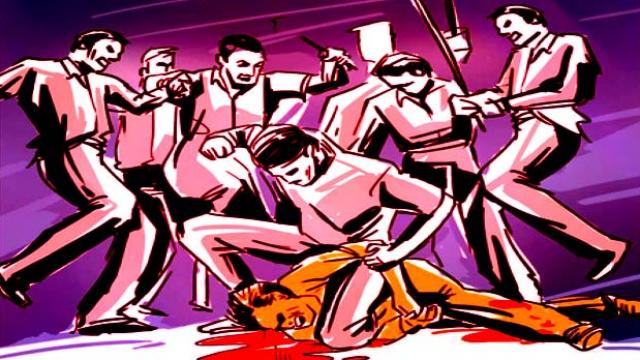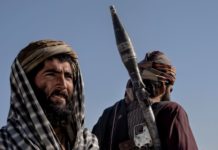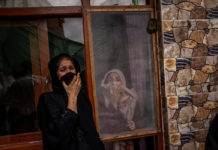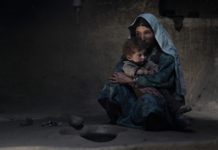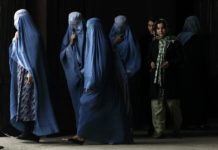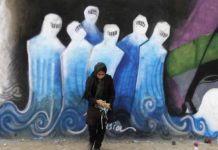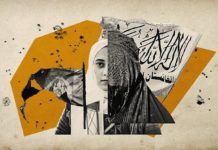In the collective imagination of mainstream Pakistan, blasphemy is not a pardonable offense and anyone who believes otherwise is also committing blasphemy, and must similarly pay with their life.
A mob in Sialkot today stripped naked and beat a Sri Lankan Citizen with sticks and bricks, the hundreds of blood-thirsty vultures enjoyed precisely this feeling of righteousness. They said the helpless factory manager had disrespected the Holy Prophet and so they took it upon themselves to punish him. Finally, they lynched him to death. Hundreds of others watched approvingly and, with their smartphone cameras, video-recorded the killing for distribution on their social media handles.
We have seen people falsely convicted, lynched, shot, and knifed to death, and mob attacks on entire communities merely on the suspicion of blasphemy, with most culprits getting away scot-free. The murder of Punjab governor Salmaan Taseer by a member of his security detail in 2011 for supporting changes in the law to stop its misuse is justly referred to as a watershed in the country’s history.
The enactment of the blasphemy law in its present form by the Zia regime and its unchecked misuse makes non-Muslims live in an atmosphere of unending fear is an understatement. The arbitrary application of the law has squeezed the space for enlightened debate on issues related to religion, and deepened extremism and bigotry in society.
The majority of blasphemy cases are based on false accusations stemming from property issues or other personal or family vendettas rather than genuine instances of blasphemy, and they inevitably lead to mob violence against the entire community.
There is another version of Islam being practiced in Pakistan and is fast leading to another sect – Mullah Islam – which will lead to another religion ‘Mullahism’ which is where Pakistan is heading. The Blasphemy Law is not there to protect Islam or Muslims – but Mullahs to increase their hold on the gullible public.
Pakistan or the entire Islamic world is now where Europe or much of the Christian world was 500 years back. The age of darkness is maturing in the land of the “pure”. There are two options, we head back to the stone age or progress to a civilized society. I hope we can be a part of civilized society someday, though it may take 5 more centuries.
Parliament must gather the courage to talk about these issues. Lawmakers must also confront how false accusations strip accused citizens of their freedoms with no redress. Moreover, in many chilling cases, an accusation of blasphemy alone — with no evidence or formal legal process — can result in violence and death. The cases of university student Mashal Khan and Christian couple Shama and Shahzad are just two examples of how such accusations lead ignorant people to take the law into their own hands.
Pakistan, since 2009, observes 11 August as National Minorities Day. A day for more speeches, some gratitude for the religious minorities and a day to post the 52-word text of “you are free to go to your temples…”. There will always be talk about finding Jinnah’s Pakistan, but no government is interested in actually carving a social contract with its minority citizens that doesn’t entail persecutory laws and policies.
Pakistan has become an arena of political wrangling in the name of religion. Destroying our property and committing violence is never a pragmatic solution. Such actions will neither benefit the religion nor cause any problem to the intended target. Only Pakistan will suffer and it does suffer.
The one way to help with blasphemy as of right now is through de-radicalization. The popularity and the growing number of religious rightwing make it very difficult to reform blasphemy laws, but deradicalization could ensure that the Pakistani state follows pro-equity legislation. The only way deradicalization efforts could be implemented is through education. The first way could be by the Ministry of Education including compulsory classes in the Pakistani history curriculum, celebrating diversity and bridging the difference between Muslim and non-Muslim minorities.
Pakistan has a history of educational textbooks being controversial because of the derogatory terms and hate which these books promote towards different religious groups. Having compulsory classes in Pakistan’s history highlighting different religious minority groups could help foster acceptance and difference of opinions. Deradicalization could be the first real step into reforming the way blasphemy laws operate in Pakistan.


